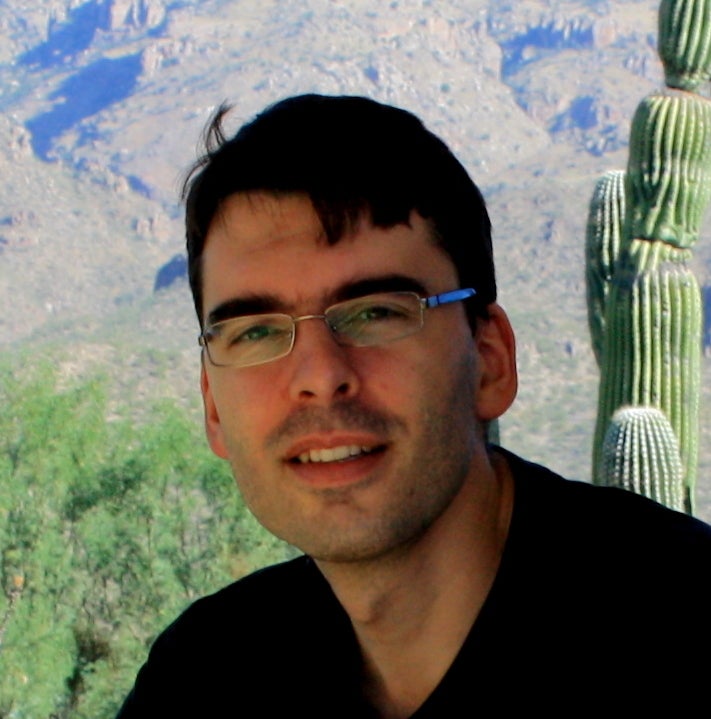
Mario Juric is the WRF Term Chair Professor in the Department of Astronomy at the University of Washington, and the Director of UW's Institute for Data-Intensive Research in Astronomy and Cosmology (DiRAC).
Prof. Juric is interested in astronomical ‘Big Data’: developing techniques, algorithms, and software systems enabling astronomers to utilize large and complex data sets to answer varied research questions. He's worked on topics ranging from minor bodies in the Solar System, exoplanets, Galactic structure, to the large-scale structure of the universe. His current science focus is using survey data to understand the dynamical structure and evolution of the Solar System. Prof Juric is a member of the Rubin Observatory construction and commissioning teams, where he leads the Solar System Data Products group.
Title and Abstract for Mario's talk:
Minimoons to Planet X: Mapping Solar System Populations with ZTF and LSST
The small bodies of the Solar System are a valuable tracer of its present-day structure, its evolution, and ultimately provide clues into the early times of its formation. In the next 5 years, the known sample of all small body populations will grow 10-50x, driven largely by large survey programs. For example, the LSST alone will generate a billion measurements of millions of Solar System objects, with simulations predicting ~100,000 new discoveries of nearby NEOs (Jones et al. 2017), 5.5 million for the main belt, and ~40,000-200,000 for the trans-Neptunian populations (Ivezic et al 2008; Juric et al. 2018).
In this talk I will discuss what to expect from this sample, especially in the early years. I'll briefly overview the LSST and ZTF surveys, and what they are expected to discover (and -- in the case of ZTF -- already have discovered). The talk will discuss the techniques to find small bodies in survey datasets, and places where improved algorithms could significantly increase the yields. I will conclude with an overview the science opportunities this new sample is bringing.
Would you like to join this Zoom seminar? Please email Donna Hayes.